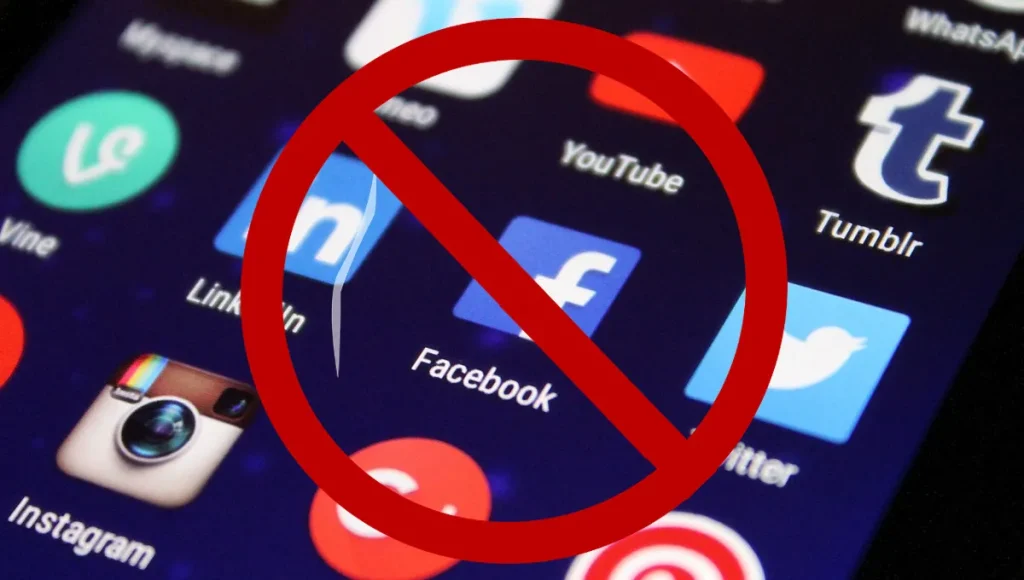In the midst of debates over proposed restrictions, Brandalise shares her concerns about how these measures might affect her connection with followers, especially young girls passionate about volleyball. Feeling a tinge of sadness, Brandalise expresses, “It’s tough because they’re always tuned in to what I’m up to here.”
Kaunsel Gayle provides a different perspective, highlighting platforms like TikTok as spaces where kids can find harmless, enjoyable content, enjoying funny videos and having a good time.
The parental community stands divided on the issue, with some seeing the proposed ban as a government overreach. Christian Anger voices this sentiment, saying, “I get the concern, but I’d rather be the one making that decision.”
This clash of opinions mirrors the broader national debate, with other states facing legal challenges over similar bans and federal judges deeming them unconstitutional. As Florida lawmakers wade through the complexities, the ongoing discourse on regulating social media for teenagers unfolds.
The heart of the matter lies in the potential impact on influencers like Brandalise, who fear losing the ability to inspire and connect with their followers. It’s not just about personal expression; it’s about influencing and motivating a younger generation.

Read more:
- Bipartisan Push Aims to Provide Proxy Voting Support for New Moms in Congress
- Federal Judge Finds First Amendment Infringement in Ohio Commissioner’s Meeting Disruption Arrest.
- Sexual Assault Allegations Against Former Florida GOP Chair Dismissed
Brandalise’s emotion-laden statement sheds light on the human side of this issue, making it more than a legal debate. It’s about the genuine connections individuals forge online and the impact of proposed regulations on those connections.
In contrast, Kaunsel Gayle introduces a touch of optimism, pointing out platforms like TikTok as havens for kids to scroll through entertaining content. This viewpoint emphasizes that amidst concerns, there are platforms that manage to provide a positive space for young users.
Christian Anger’s perspective represents a common sentiment among parents – the desire for autonomy in making decisions about their children’s online activities. It’s a plea for a balance between protection and personal responsibility.
The reference to legal challenges faced by other states adds a layer of complexity to the debate. It’s not just a matter of differing opinions; there are constitutional considerations that come into play. The mention of federal judges deeming similar bans unconstitutional adds weight to the argument against such restrictions.
As Florida lawmakers navigate this intricate landscape, the article captures the ongoing nature of the debate. The use of terms like “clash of opinions,” “divided community,” and “legal challenges” paints a vivid picture of the complexity surrounding the issue.
In conclusion, the article not only presents the facts but also infuses a human touch by showcasing the emotions and opinions of those directly affected. The narrative weaves together the personal experiences of influencers, the varied perspectives of parents, and the legal intricacies involved, creating a comprehensive and engaging account of the ongoing social media regulation debate in Florida.

